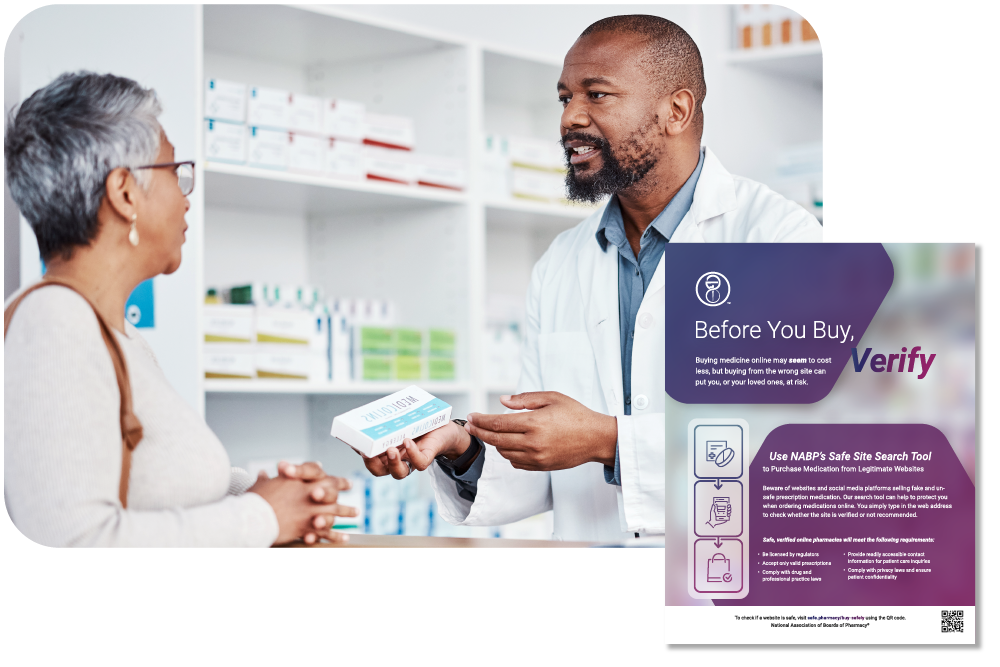Check the pharmacy’s license and accreditation. Look for verification from organizations like the NABP (National Association of Boards of Pharmacy) or similar bodies in your country. This confirms the pharmacy adheres to regulatory standards.
Verify the pharmacy’s physical address. A legitimate online pharmacy will have a verifiable street address, not just a PO box. Use Google Maps or similar services to confirm its existence.
Scrutinize customer reviews. Independent reviews on sites like Trustpilot or independent pharmacy review websites provide valuable insight into others’ experiences. Pay attention to recurring themes, both positive and negative.
Secure Payment Methods
Ensure the pharmacy uses secure payment gateways like SSL (indicated by “https” in the URL). This protects your financial information during transactions.
Medication Verification
Request tracking information. Reputable pharmacies provide tracking numbers for your order, giving you visibility into its shipment.
Confirm the pharmacy’s pharmacist consultation policy. A legitimate pharmacy should provide a way to speak with a licensed pharmacist to discuss your medications and any potential interactions.
| Licensing | Clearly displayed and verifiable | Missing or unclear |
| Physical Address | Verifiable street address | PO Box only or no address |
| Customer Reviews | Mostly positive and detailed | Few or overwhelmingly negative |
| Payment Security | Uses SSL encryption (“https”) | No secure payment gateway |
| Order Tracking | Provides tracking information | No tracking information available |
| Pharmacist Consultation | Offers consultation options | No pharmacist contact |
Additional Tips
Consult your doctor or pharmacist before ordering medications online. They can help ensure the medication is appropriate and safe for you.
Report suspicious pharmacies to the relevant authorities in your country. This helps protect others from potential harm.



